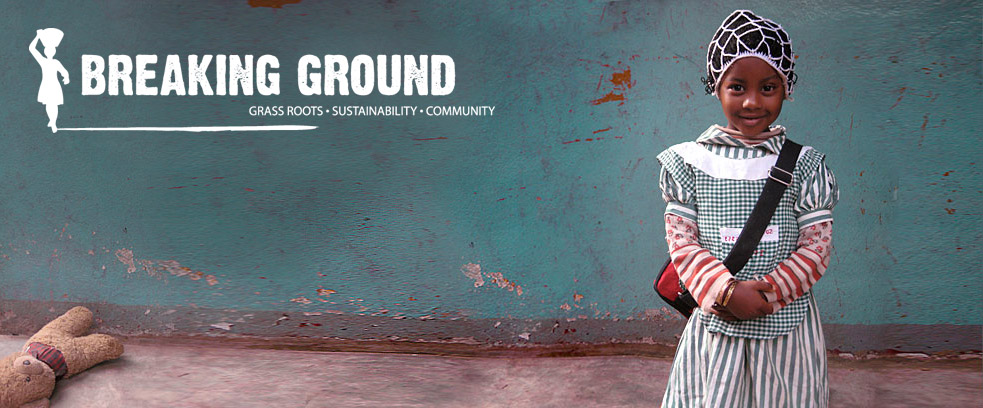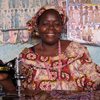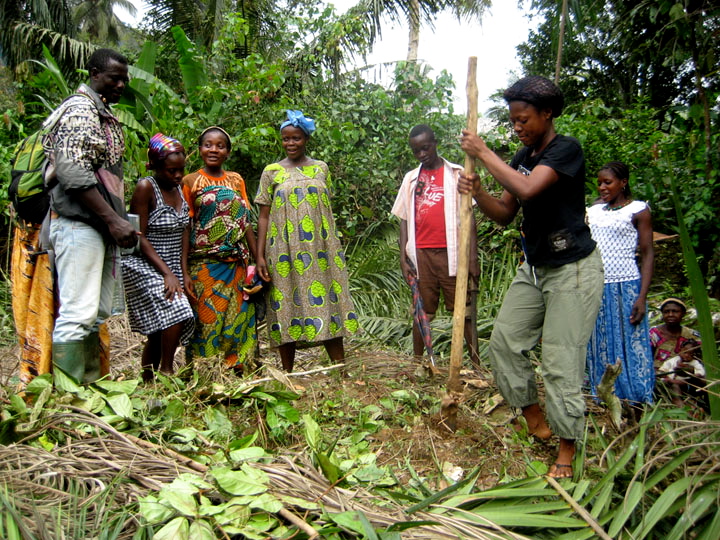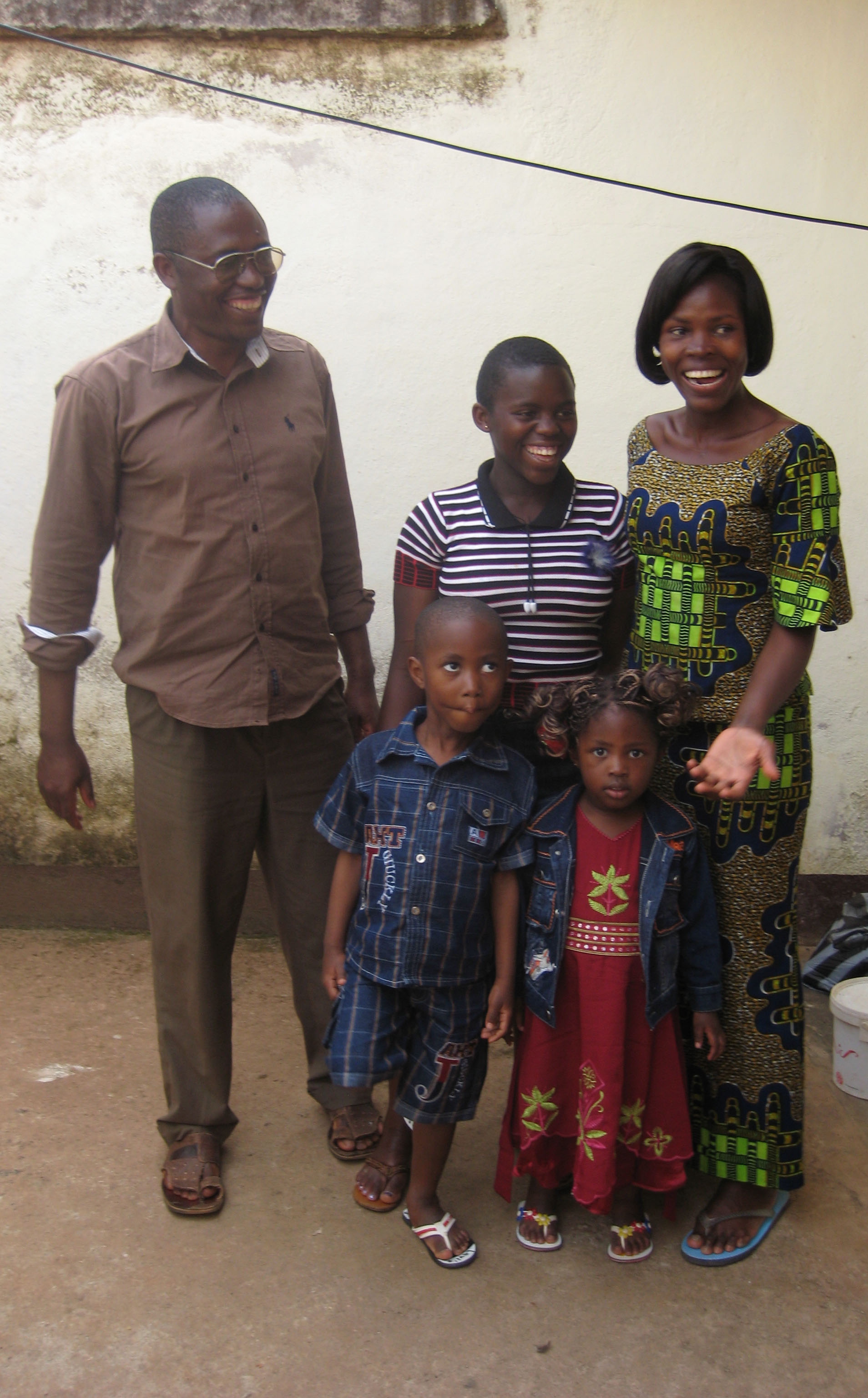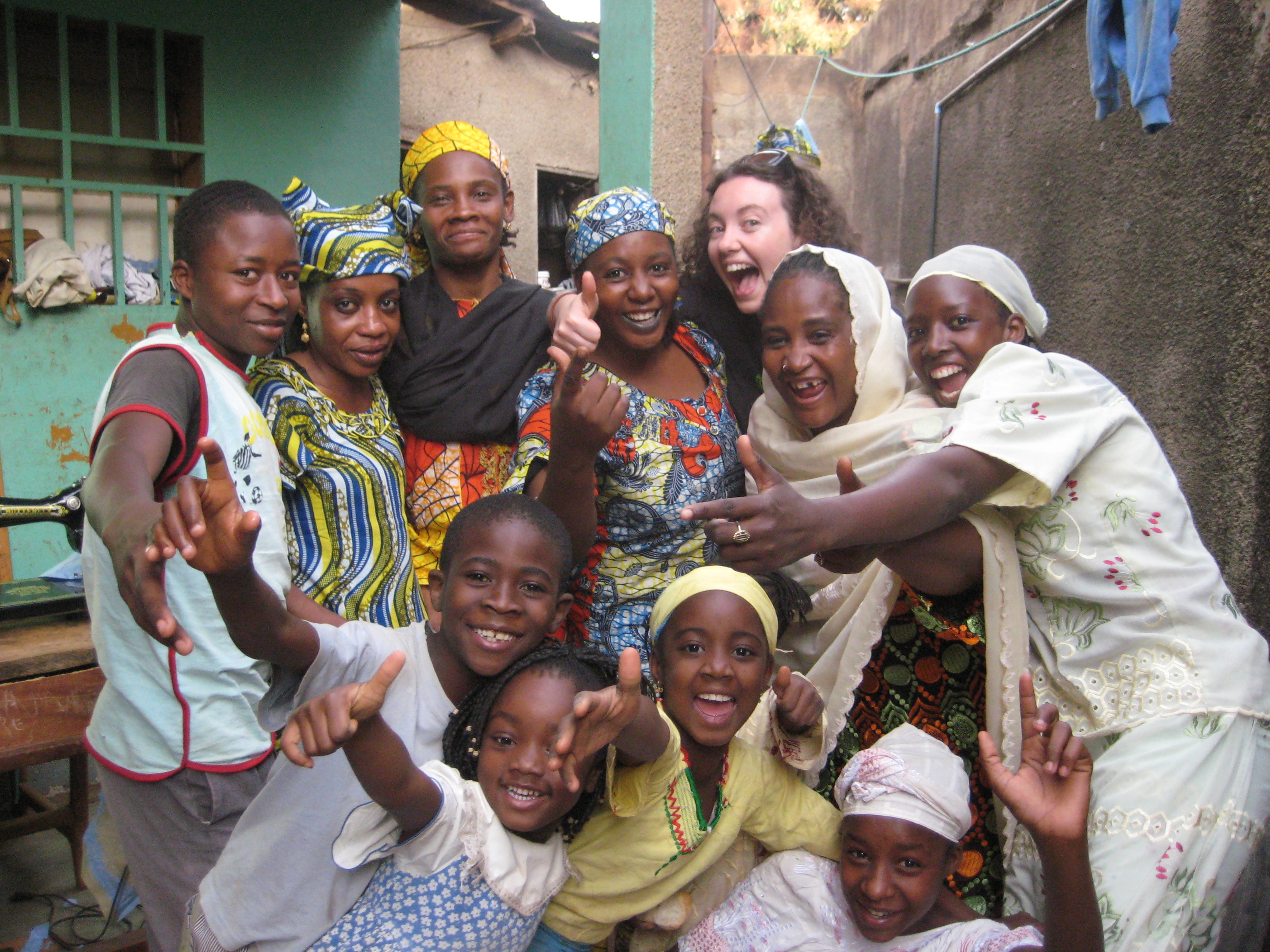A couple of weeks ago, the journalist Jon Krakuer published an article, 3 Cups of Deceit, that critiqued Greg Mortensen, his Bestseller, 3 Cups of Tea, and his nonprofit, The Central Asia Institute (CAI). If you are unaware of the story, in short the accusations are that CAI has been mismanaged, donor dollars misused, and that much of their "Founding Story" is more fiction than reality. The ensuing media debates have illuminated many of the reasons why international development is a complicated field but also reaffirmed the guidelines upon which Breaking Ground operates.
Respect: Breaking Ground's work is founded in respect for the communities that we work with. This is why we use local solutions and local expertise rather than importing our own technologies and ideas. We see our role as mediators, able to harness the resources our partner communities need.
Size matters: To work effectively with a community, you need to really know that community, listen to them, and care about them. This cannot happen if you are concerned with helping as many communities as possible, as fast as possible. Large aid organizations have their place, but when it comes to long term sustainability, we believe a small scale, intimate approach is more effective.
Accountability: The role of this blog, our monthly newsletters and our annual mailings is to keep you, our donors and supporters, informed of our progress on the ground and show how your dollars go into action. As Breaking Ground has grown we have come to rely less on the work of a few individuals and have matured into an organization that includes a team of volunteers, two staff members and an active board. Funding decisions are made collectively and with careful oversight.
Professionalism: Like many nonprofits we started with a set of good intentions, the trust of close family and friends, and little business experience. Also like many non-profits, we started out with no employees and were fueled by caffeine, sleepless nights and volunteers. This is not sustainable, and doesn’t allow for the kind of professional commitment necessary to ensure our programs have good oversight. Which leads into...
Efficiency of Dollars: Often non-profits are judged by the ratio of the dollars used on projects, to the dollars used on administration. This is fair and necessary. However, good development takes long term commitment with a community, research, cautious progress and evaluation. All of these steps cost money, but are not as instantly gratifying as building a school. They also may not create as good of a dollar to dollar ratio for projects to administration.
Transparency: Currently our 990s are available on our website, but we have started to put up more reader friendly charts, and will continue to do so in the coming weeks. We have also posted the evaluation that we funded in April 2010. This evaluation was conducted by The Research Insitute for Development and outlines clearly what they consider to be our strengths, whilst openly making suggestions for improvements.
Please feel free to call or email me if you have any questions about our 990s, our evaluation or our approach.
Alex Moore
Executive Director
 Friday, July 1, 2011 at 03:45PM
Friday, July 1, 2011 at 03:45PM The beautiful makeup bags and purses that Breaking Ground is starting to sell were designed and made by Miriamou. A graduate of our Women's Entrepreneurial Program, Miriamou is a 28 year old Fulani woman and mother of five. A vivacious and generous woman, as well as a fabulous cook, Miriamou is the social hub of the Tongo Pastoral quarter. Though she is rarely allowed to leave the house, the world comes to her kitchen.
